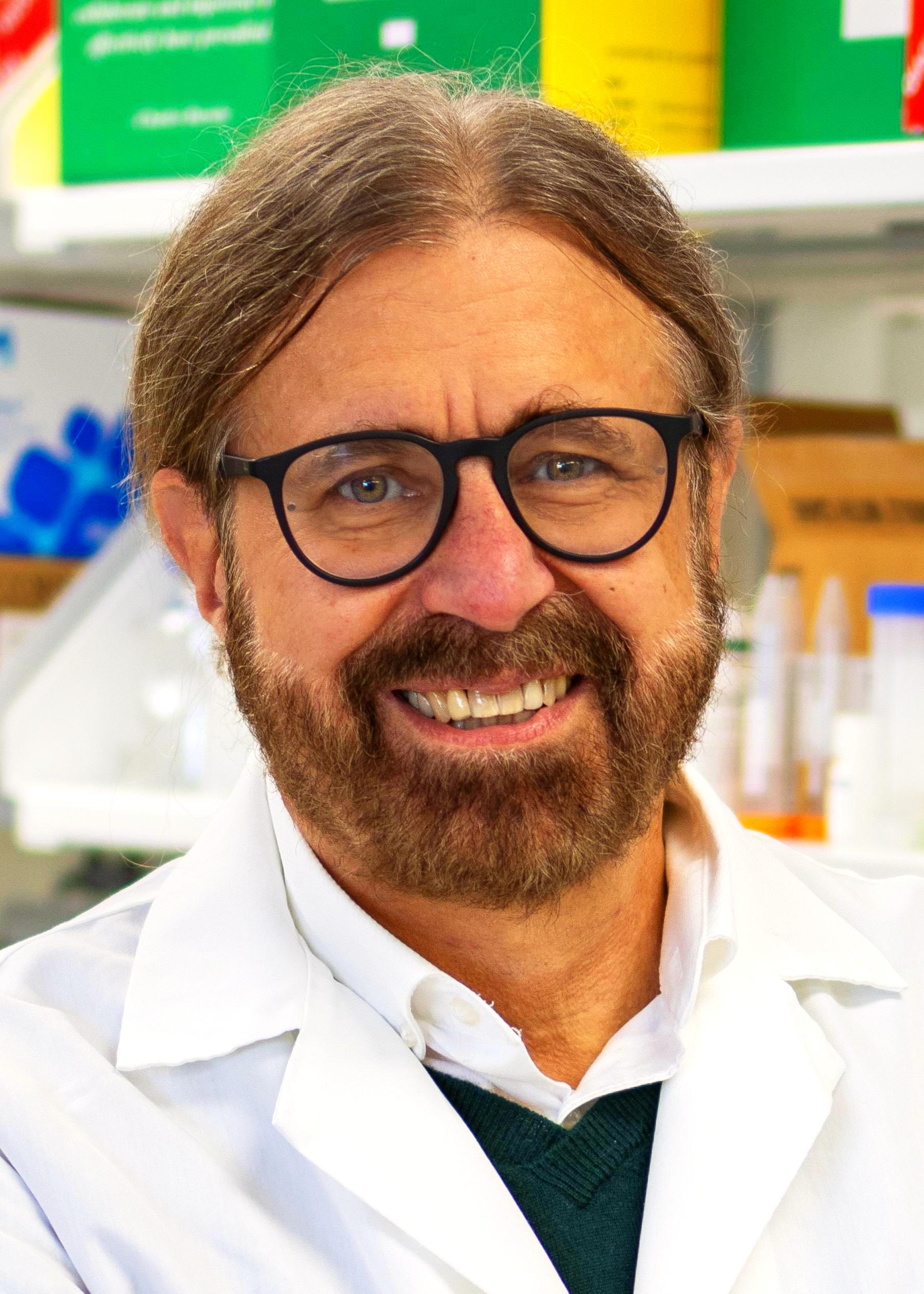James J. Pestka

- University Distinguished Professor, Department of Food Science and Human Nutrition, Department of Microbiology and Molecular Genetics
- Trout Bldg
- 469 Wilson Rd Room 223A
- East Lansing MI 48824
- 517-355-1709
- pestka@msu.edu
RESEARCH INTERESTS
While heredity is a primary predisposing factor for autoimmunity, cumulative exposures to environmental factors such as toxic stressors and diet greatly impact latency and severity autoimmune diseases such as lupus. The goal of Dr. Pestka’s research is to understand how lupus triggering by an ubiquitous environmental toxicant can be prevented by dietary modulation of cellular lipids (see video). This goal is predicated on preliminary studies revealing that 1)airway exposure to crystalline silica, a recognized autoimmune disease risk factor, triggers early onset of systemic autoimmunity and glomerulonephritis in the lupus-prone female NZBWF1 mouse and 2)supplementing their diets with the omega-3 fatty acid docosahexaenoic acid (DHA), a well-known dietary supplement extracted from cold-water fish, dose-dependently blocks this triggering. We employ in vitro, ex vivo, and in vivo approaches to test the hypothesis that DHA consumption prevents silica-triggered autoimmunity by suppressing inflammatory mediator production, death, and self-antigen release in alveolar macrophages of NZBWF1 mice. Revealing DHA mechanisms against silica-triggered lupus will bring novel insights into how respiratory toxicants initiate lupus and subsequent flaring via lung as well as how manipulating cellular lipids through diet can be exploited to prevent environmental triggering of human autoimmune disease.
EDUCATIONAL BACKGROUND
State University of New York College of Buffalo, B.A., Biology, 1975
Cornell University, Ph.D., Microbiology with Minors in Immunology and Biochemistry, 1979
University of Wisconsin at Madison, Postdoctoral, Environmental Toxicology 1979-1982
AFFILIATED WEBSITES
https://mmg.natsci.msu.edu/people/faculty/pestka-james-j/
https://www.canr.msu.edu/people/james_pestka

